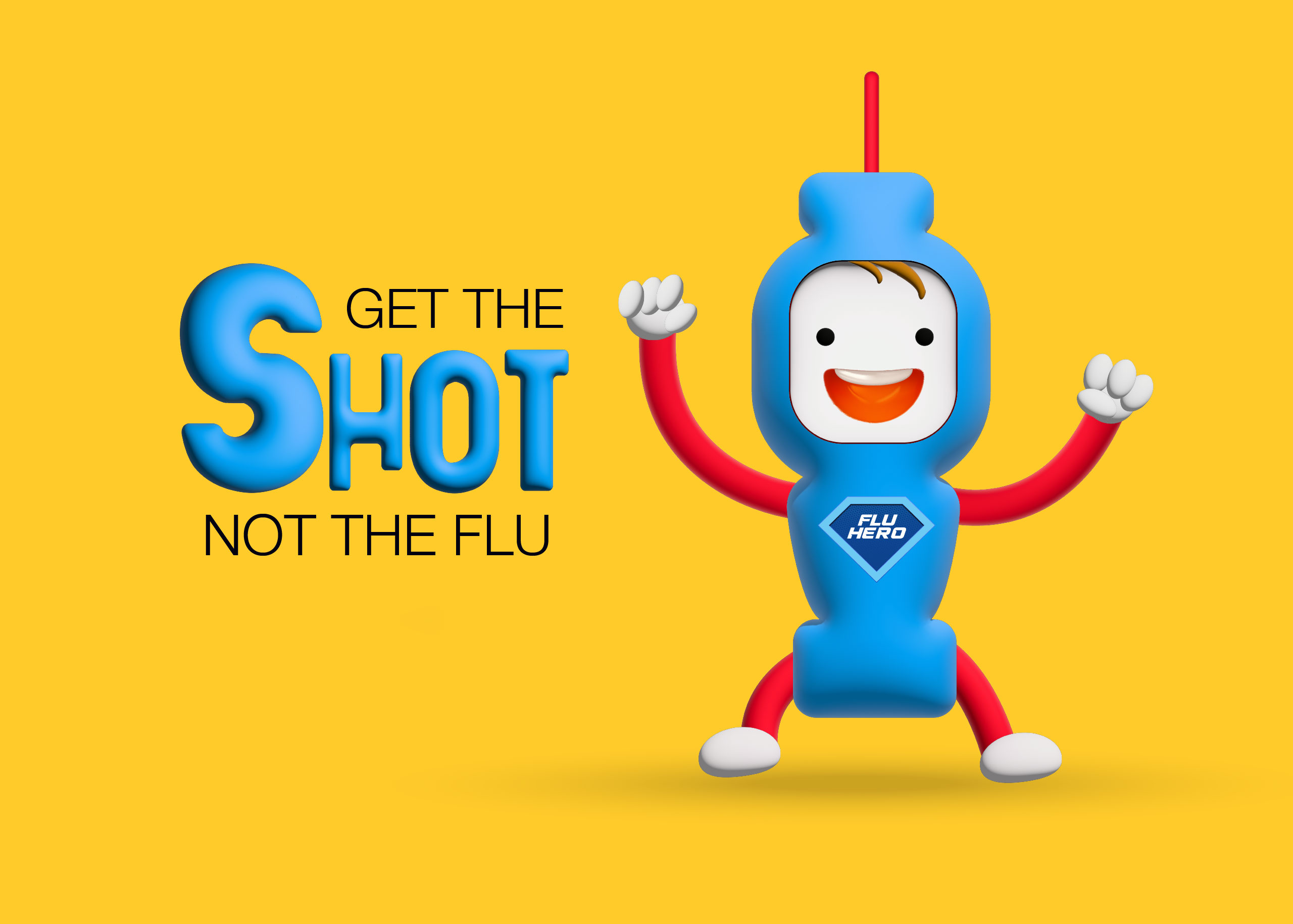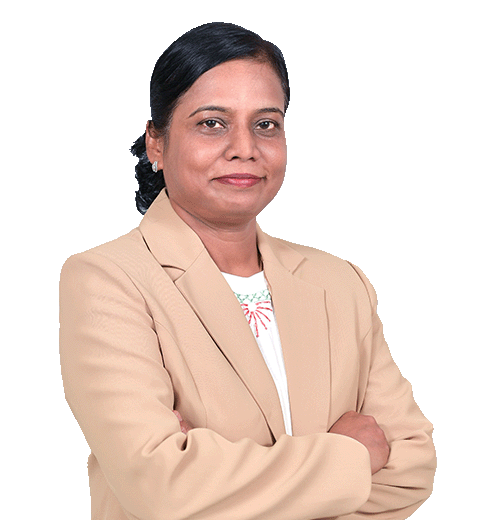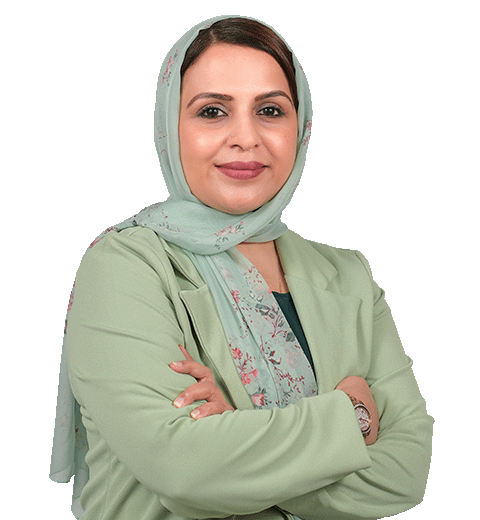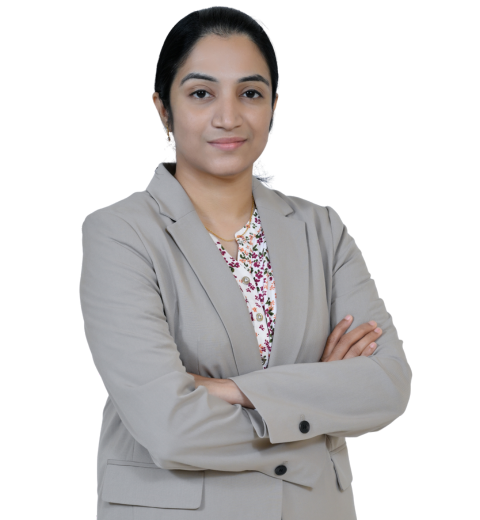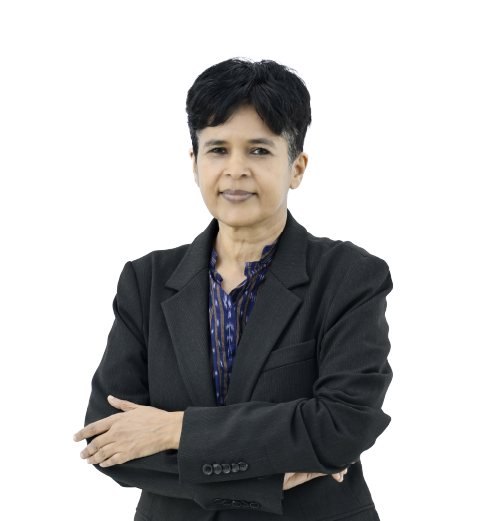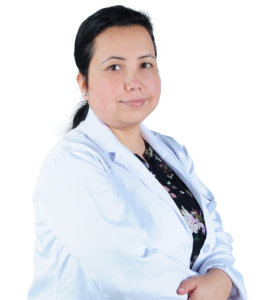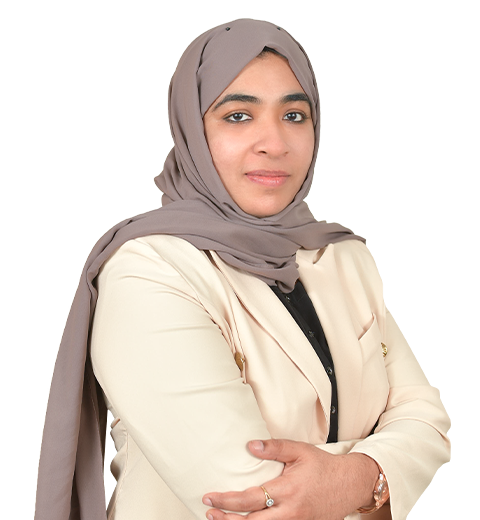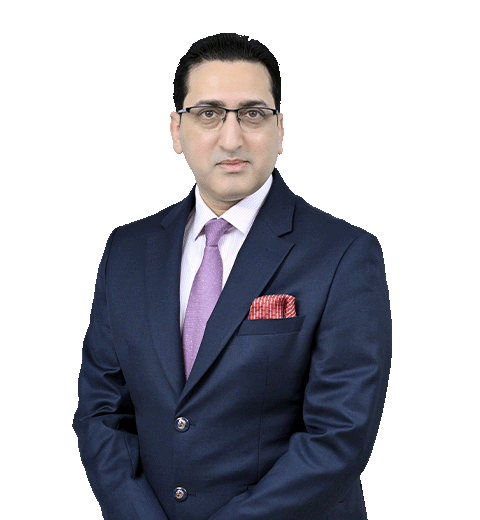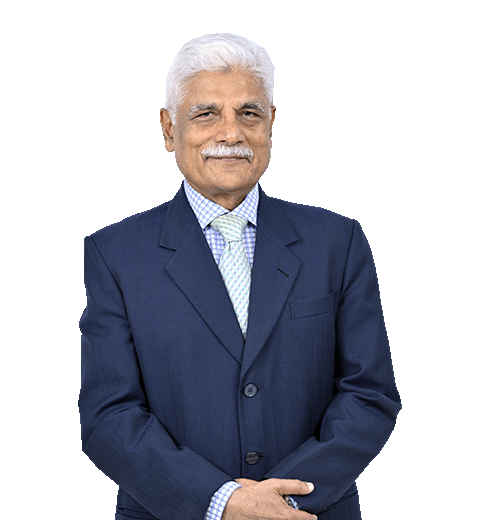A stroke is a sudden loss of brain function. It’s caused by the interruption of blood flow to the brain, and it can be fatal if not treated quickly.
Symptoms of Stroke
Stroke symptoms are often difficult to identify, so it’s important to know the signs and symptoms so you can get help immediately. The following are common stroke symptoms:
- A sudden, severe headache that comes on without any other symptoms (such as nausea)
- Weakness or numbness in one side of the body
- Confusion or trouble speaking clearly, including slurred speech
- Dizziness or loss of balance
- Double vision (or blurry vision)
What are the Types of Stroke?
Ischemic Stroke Occurs when a blood clot blocks an artery that sends blood to the brain. The arteries become narrowed from plaques or narrowed arteries damaged by the hardening of the arteries (atherosclerosis).
Hemorrhagic Stroke occurs when a weakened blood vessel in your brain leaks or ruptures. This can be caused by high blood pressure or bleeding disorders like hemophilia.
How is Stroke Treated?
The first thing doctors will do is perform a CT scan or MRI to determine what kind of stroke you’re having and where it occurred in your brain. That way, they can determine which area of your brain needs immediate treatment and which parts are safe for other doctors to focus on later.
Next, doctors will try to determine if there’s an area of damage that can be treated immediately with surgery or other invasive procedures. They’ll also determine whether any of these treatments are appropriate for you based on your age and overall health status.
What Does the Recovery Involve?
Stroke recovery is a process. It is not a single event but rather a series of steps that help you regain your quality of life and independence.
Physical therapy helps improve mobility and strength by restoring movement patterns lost due to stroke damage. It helps people regain control over their muscles, improving their ability to perform everyday tasks like walking or reaching high. Physical therapists also provide guidance on safely using assistive devices like wheelchairs or canes so they don’t cause further injury or pain.
Occupational therapy helps people relearn skills needed for daily living, such as cooking meals or cleaning the house; it also focuses on improving dexterity in the use of objects like pens or brushes so they feel comfortable performing tasks independently again without assistance from someone else around them all day long every single day every week every month every year.
How can They be Prevented?
There are many factors that can contribute to the development of stroke. Some are controllable, like hypertension and diabetes; some are not, like genetics or gender. Regardless of the cause, it is possible to lower your risk for stroke by making small lifestyle changes incorporating exercise and healthy eating.
Exercise has been shown to reduce blood pressure and improve circulation in the body. In addition to these benefits, exercise can help reduce stress levels by releasing endorphins in the brain. This helps keep your heart healthy and strong. Eating right is also important!
Eating plenty of fruits and vegetables will help you get all the necessary vitamins and minerals to keep your body running smoothly.
When it Comes to Stroke B.E.F.A.S.T?
Stroke B.E.F.A.S.T., which stands for Breathing, Eyes, Face, Arm, and Speech—are all signs that someone may be having a stroke. If someone shows signs of these things after having a sudden headache or weakness in their face or limb, call 999 immediately and get to the hospital as soon as possible so they can take care of whatever’s going on with your body before serious damage is done!
The Neurology and Neurosurgery department at LLH Hospital is dedicated to providing comprehensive stroke care. Our board-certified neurologists and neurosurgeons specialize in the latest surgical techniques to treat strokes, including minimally-invasive procedures that reduce recovery time and allow patients to return home sooner. We also offer an array of non-surgical treatments which helps prevent blood clots from traveling to the brain. Our primary goal is to minimize the impact of strokes by providing our patients with quality care and excellent results.






